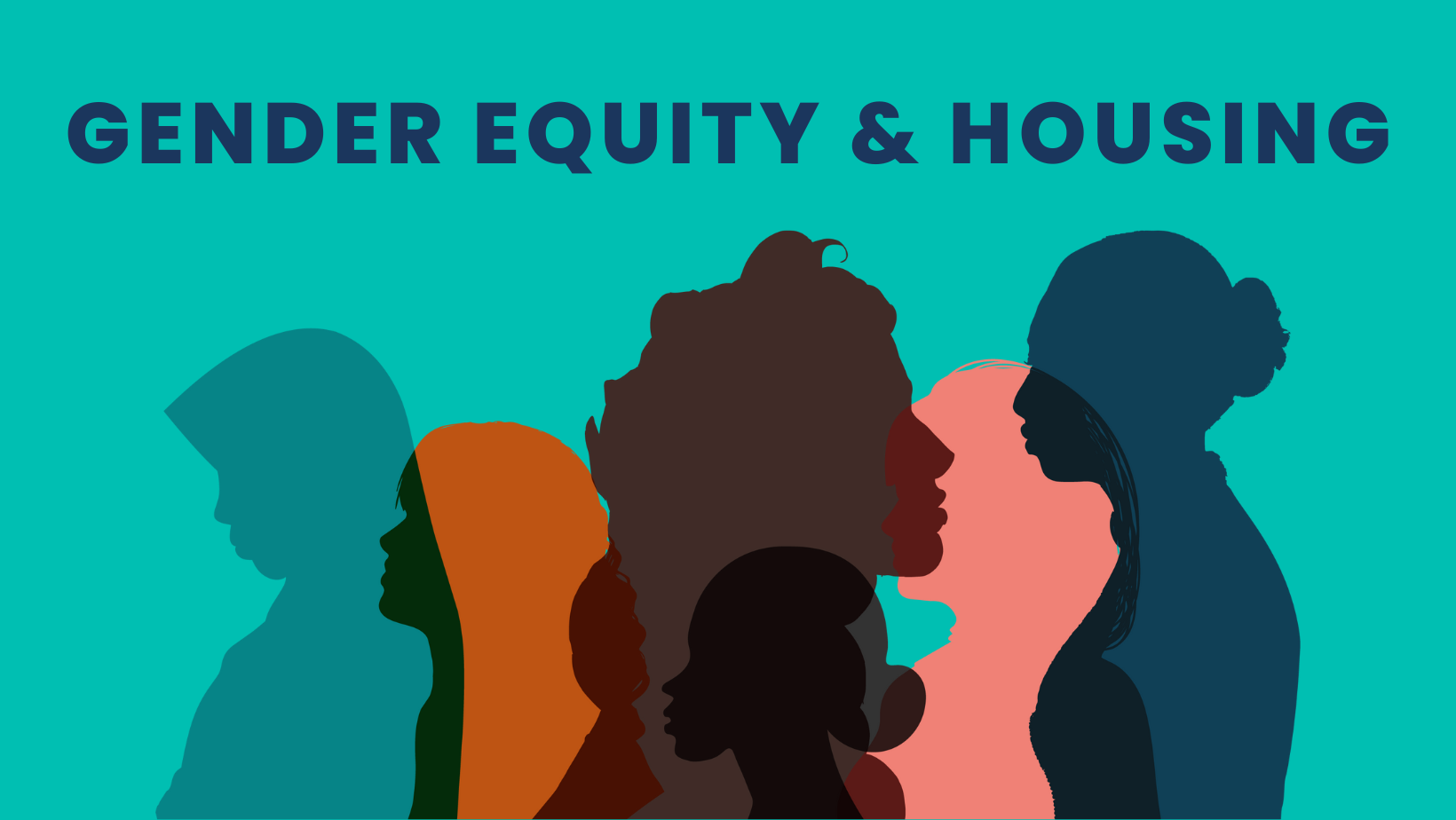Access to safe, affordable, and stable housing is imperative to the wellbeing of women and girls because it greatly impacts every aspect of life. Adults and children living in unsafe and/or unstable housing are more likely to have negative health, education, and employment outcomes than their counterparts. Sadly, millions of women across the country struggle every day to find and keep safe, affordable, and stable housing. In 2023, women accounted for 72% of the Connecticut Fair Housing Center’s annual intakes. Most of these intakes (over 65%) were made by women of color.
Women are more likely to experience economic insecurity in general.
- According to the National Women’s Law Center, women comprise about two-thirds of Americans working in the 40 lowest paying jobs (typically less than $12 per our). This is even higher for women of color.
- The Bureau of Labor Statistics reported that in 2018, when unemployment was at a record low, Black women still faced unemployment at rates more than twice as high as white men. In 2020, Black and Latina women faced unemployment rates 1.5 times higher than that of white men.
- A 2022 report by the Pew Research Center reported that American women typically earned $0.82 for every dollar earned by men; only $0.02 more than what they earned two decades prior in 2002. The gap widens for Black women who earn 70% as much as White men and Latina women who earned 65%.
- According to the National Low Income Housing Coalition, a full-time worker need to earn at least $23.96 per hour to afford to rent a two-bedroom apartment in the United States. Women making $12/hour would need to work 80 hours per week to make this happen and women earning the federal minimum wage, 97 hours per week.
Housing discrimination makes it even more difficult for women to find safe, affordable, and stable housing.
- Despite being illegal, sexual harassment in housing is an all too common and underreported problem. The National Fair Housing Alliance reports that sexual harassment increased as a result of the COVID-19 pandemic as a growing number of women faced economic hardship and were worried about paying rent on time. For more information about sexual harassment in housing and how to seek help, click here.
- According to the National Women’s Law Center, restrictive occupancy requirements have disproportionate impacts on families with children, particularly women of color with low incomes.
- One in four women in the United States experience domestic violence. According to the National Housing Law Project reports that survivors of domestic violence often face housing discrimination; this can include being denied admission to or being rejected from housing due to act of violence committed against them. In Connecticut, discrimination against survivors is illegal. For more information or to get help click here.
- The Department of Housing and Urban Development says that 78% of all housing choice voucher participants are made up of households headed by women. Landlords often refuse to accept housing vouchers. This type of discrimination is illegal in Connecticut. Learn more here.
Housing justice doesn’t have to be inaccessible to women. To ensure that women have equitable access to housing, we must acknowledge that housing is not one size fits all and that housing justice is gender justice. The Urban Institute highlights several areas where change can be made.
Land Use and Zoning – exclusionary zoning continues to perpetuate segregation and limit housing choice for protected classes, including women. Preventing exclusionary zoning practices can reduce residential segregation along racial lines and increase affordability by expanding housing stock.
Rental Subsidies and Vouchers – expanding access to Housing Choice vouchers and other subsidies will expand the supply of affordable housing and address housing instability by removing barriers of affordability for members of protected classes.
Fair Tenant Screening Practices – despite federal and local protections preventing discrimination for members of protected classes, landlords often utilize tenant screening policies to deny housing to people of color for various reasons. Strengthening fair housing guidance and enforcement around tenant screening and reducing the screening criteria for affordable housing are imperative to ensuring gender justice in housing.


